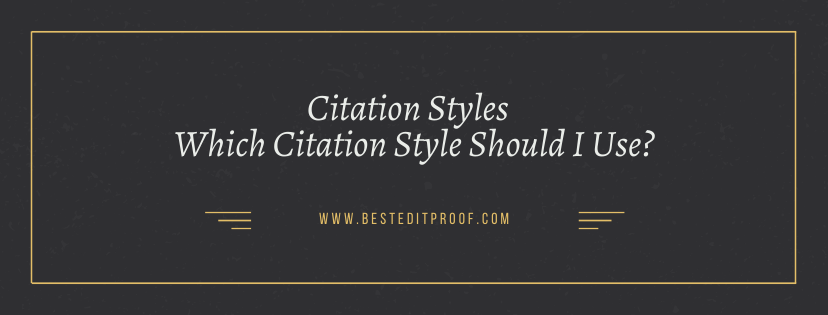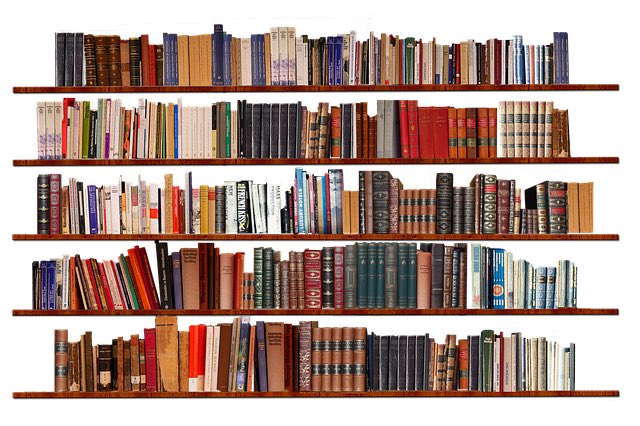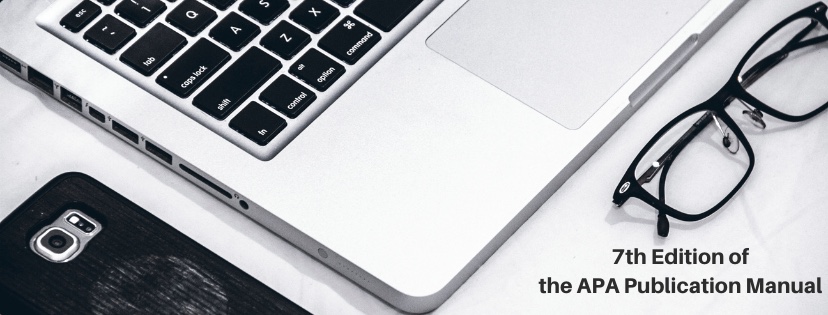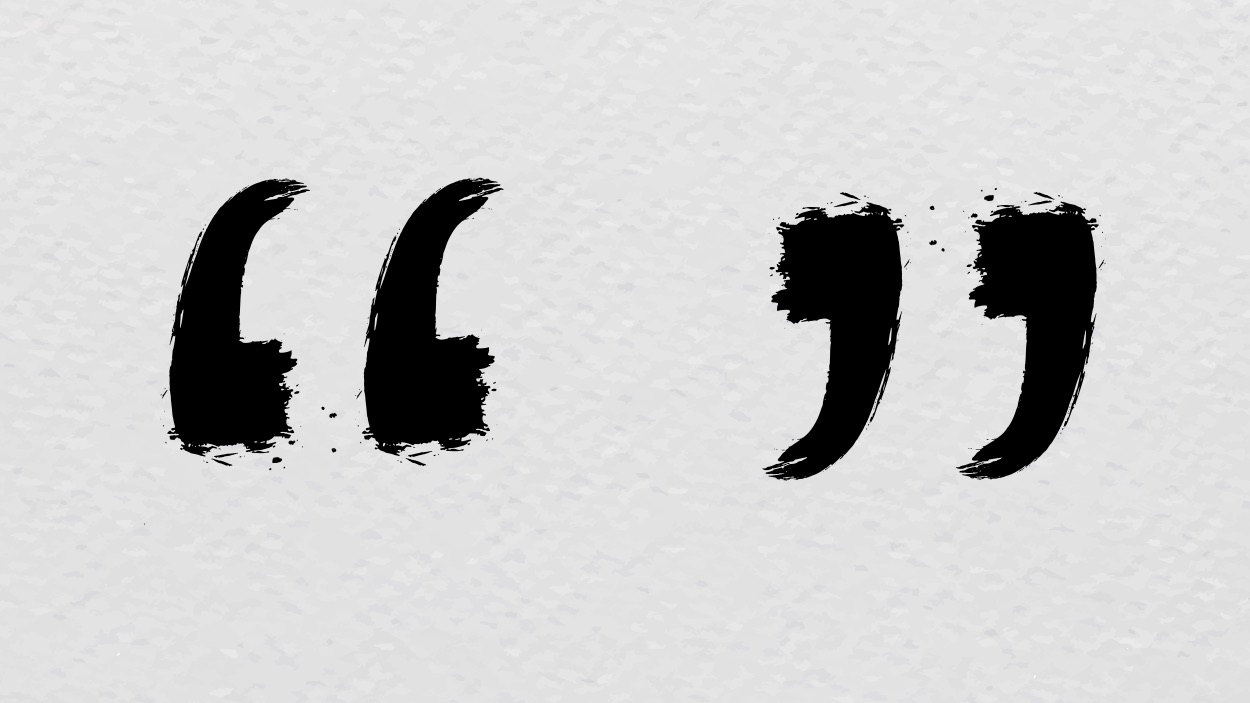There are many different citation styles that depend on the academic discipline involved. Some of the most common citation styles are American Psychological Association (APA), Modern Language Association (MLA), and Chicago/Turabian style. APA citation style is used by education, psychology, and social sciences, MLA style is used by the humanities, while Chicago/Turabian style is generally used by business, history, and the fine arts. You will need to check with your manual to determine what is required in your specific area.

This handout discusses citation styles. To give you an opportunity to practice proofreading, we have left a few spelling, punctuation, or grammatical errors in the text. See if you can spot them! If you spot the errors correctly, you will be entitled to a 10% discount. This citation style guide is to provide you with assistance in citing your academic sources when writing a manuscript. There are different citation styles which format the information differently.
Academic referencing and academic citing are important because they acknowledge the sources used in your paper. It necessitates to link the citations to the list of works cited in a manuscript and gives credit to the sources of information used in the article. A citation is a method to give credit to people for their ideas works that you utilized to support your study. It can also be used to locate specific sources and avoid plagiarism. Academic referencing tells the audience that you are not the first one who started the subject.
Besides, it enables you to show that you are using others' creative and intellectual works to create a new one. Thus, readers can have the opportunity to track those references to get more ideas about a particular point you have made. Whenever you use words, facts, ideas, or explanations from other works, those sources must be cited. Academic referencing is required when you copy texts from a manuscript or other source exactly, which is called quotation. If you are not sure whether to cite something or not, you better cite it. Moreover, academic referencing allows your target audience to understand how dated the information might be.
Typically, a citation includes the author's name, date of the publication, location of the publishing company, journal title, or Digital Object Identifier (DOI). Citation styles dictate the information required for a citation and how the information is ordered, as well as punctuation and other formatting rules.

There are many different citation styles that depend on the academic discipline involved. Some of the most common citation styles are American Psychological Association (APA), Modern Language Association (MLA), and Chicago/Turabian style. APA citation style is used by education, psychology, and social sciences, MLA style is used by the humanities, while Chicago/Turabian style is generally used by business, history, and the fine arts. You will need to check with your manual to determine what is required in your specific area.
APA citation style is the official style of the American Psychological Association (APA). It is commonly used to cite sources in psychology, education, and the social sciences. The APA style originated in a 1929 article published in Psychological Bulletin that framed the basic guidelines. These guidelines were eventually expanded into the APA Publication Manual and updated each year.
APA Style consists of rules or guidelines that a publisher observes to ensure a clear and consistent presentation of a manuscript. APA style aims uniform use of such elements as selection of titles, headings, subheadings, tone, punctuation, and abbreviations, presentation of numbers and statistics, formatting of tables and figures, citation of references, and many other elements that are a part of written material.

The APA format primarily consists of the in-text citation and reference list entry. In-text citation, which is also called a parenthetical citation, is included in the sentence where the information is used. Such citations are presented after the quote or paraphrase taken from another work. In-text citations should include the author(s)' last name(s) and the year of publication only, for example, (Williams, 2012) or (Williams & Robinson, 2012). This format identifies and helps locate the full source in the reference list, and these items must match exactly the corresponding entry in the bibliography page. When a citation is directly quoted, you should add the necessary page number as well, e.g., (Williams, 2012, p.26).
As for APA reference list entry, full details of publication are listed alphabetically on the references list, which appears right after the main text. The reference gives all the information that is essential to locate the sources used in a manuscript.
The reference list in the APA style should be ordered alphabetically by the last name of the first author of each publication. However, references without author names are ordered in the reference list alphabetically by the first significant word of the title. Here is an example that cites a book with one author adopting the APA style:
APA style in-text citation:
... (Williams, 2012) or Williams (2012) stated that "..." (p. 26).
APA style reference list:
Williams, M. J. (2012). The scientist's handbook for academic studies. ABC Publication.
For more information about APA style, read the following article: APA Formatting Guide for Academic Manuscripts.
The Chicago Style Manual (also called Turabian style) was originally created by the University of Chicago and published in 1906. It was essentially written as a reference for authors, editors, copywriters, publishers, and other areas where the written word is primarily used. Today, it's also used by other disciplines. There are two Chicago Manual Styles: Notes-Bibliography System and the Author-Date System. Notes-Bibliography System is commonly used in literature, history, and the arts, while the Author-Date System is often used in the physical, natural, and social sciences.
The notes-bibliography style has two parts: a number in the text and as either a footnote or an endnote. A footnote necessitates a note at the bottom of the page, while an endnote requires a note at the end of the paper. Notes are supposed to be numbered sequentially beginning with 1 throughout each article, chapter, or essay.
The author-date system style consists of the author(s)' last name(s) and the year of publication of the study cited. No punctuation is required between the author(s)' name(s) and the publication date. The reference list style must be ordered alphabetically by the last name of the first author of each study cited. Here are some examples:

(Williams 2012, 25)
The Chicago style reference list:
Williams, Max James. 2012. The Scientist's Handbook for Academic Studies. New York, NY: ABC Publication.
Note style:
...1 1. Max James Williams. The Scientist's Handbook for Academic Studies (New York: ABC Publication, 2012), 26.
Bibliography:
Max James Williams. The Scientist's Handbook for Academic Studies, New York: ABC Publication, 2012.
The MLA style was created by the Modern Language Association, and t is generally used for studies in the humanities, especially in writing on language and literature. MLA style features brief parenthetical citations in the text keyed to an alphabetical list of publications cited that appears at the end of the main text.
The in-text citation of the MLA style:
It consists of the last name(s) of the author(s) and page number in parentheses and placed within the text.
The reference list in the MLA style:
It is ordered alphabetically by the last name of the first author of each publication. Here are the examples:
MLA style in-text citation:
... Williams (26) or Williams claimed that "..." (26)
MLA style reference list:
Williams, Max James. The scientist's handbook for academic studies, New York: ABC Publication, 2012.
Best Edit & Proof expert editors aim to provide your manuscripts with proper scholarly and academic tone and style. They will significantly improve the chances of having your research manuscript accepted for publishing. They provide subject-area proofreading and editing services in several fields categorized under various disciplines. With our extensive knowledge and expertise, we will help you find the right tone and style for your manuscript.
If you need our subject-area editors to format your manuscripts, giving you the fundamental rules for formatting your manuscripts as described in your guidelines, such as APA, MLA, or Chicago/Turabian styles, then contact us. At Best Edit & Proof, our proofreaders and editors edit every type of academic paper. We have a user-friendly website, and a simplified ordering process.
If you would like our subject-area editors and language experts to work on your project for the improvement of its academic tone and style, then please visit the order page. It is easy! It takes only a few minutes to submit your paper and complete the process. Click here to see how it works.
We have flat-rate pricing based on our type of service (editing or proofreading), word count, and turnaround time. Enter your word count or copy and paste your document into our pricing calculator to get an instant quote.

If you need support for editing and proofreading services, contact us. You can also e-mail us or use the 24/7 live chat module to get direct support. We have a 24/7 active live chat mode to offer you direct support along with qualified editors to refine and furbish your manuscript. Alternatively, you can text us through our WhatsApp business line.
Follow us on Twitter, LinkedIn, Facebook, Instagram, and Medium.
For more posts, click here.
For more information about the citation styles and APA style, read the following articles:
How to Cite Sources in APA Referencing Style | With APA 7th Edition Update
30.11.2020
Importance of Citations in Academic Writing
05.03.2022
How to Use ‘‘et al.’’ in APA Style (7th Edition)
28.11.2020
A Complete Guide to MLA In-Text Citations
01.06.2021
MLA Paper Format: How to Format a Paper in MLA Style
31.05.2021
How to Format DOI in APA Style (APA 7th Edition Update)
29.11.2020
APA Manual 7th Edition: The 9 Most Important Changes
29.11.2020
Importance of Academic Referencing and Citing
19.11.2020
How to Cite eBooks in APA Style (7th Edition Update)
21.12.2020
How and When to Use ''et al.'' in APA In-Text Citations
27.11.2020

The purpose of APA style is to uniform use of elements such as selection of titles, headings, subheadings, citation of references, tone, punctuation, and abbreviations, presentation of numbers and statistics, formatting of tables and figures, and many other elements that are a part of the manuscript. The APA style consists of in-text citation and reference list entry.
Continue Reading.jpg)
This handout discusses how to present tables and figures in APA style. APA Style offers a specific guideline for formatting tables and figures. In the 7th edition guideline, APA updated the formatting of tables and figures. This article shows how to format numbers, titles, bodies, headings, and notes in APA style.
Continue Reading
Whenever you use words, facts, ideas, or explanations from other works, those sources must be cited. Academic referencing is required when you have copied texts from an essay, an article, a book, or other sources verbatim, which is called quotation. You also need referencing when you use an idea or a fact from another work even if you haven’t used their exact expression.
Continue Reading
Adopting Modern Language Association (MLA) style makes it easier for readers to navigate and understand the text. It ensures consistency in the use of the English language and formatting in academic writing. In this article, we bring you a complete guide on how you format your academic papers and essays in MLA style.
Continue Reading
The term ‘‘et al.’’ is the abbreviated form of the Latin term ‘‘et alia,’’ which means ‘‘and others.’’ It is used in academic in-text citations when referring to a source with multiple authors. In APA style, for a source with three or more authors, list the first author’s last name and “et al.” for all citations, including the first citation.
Continue Reading